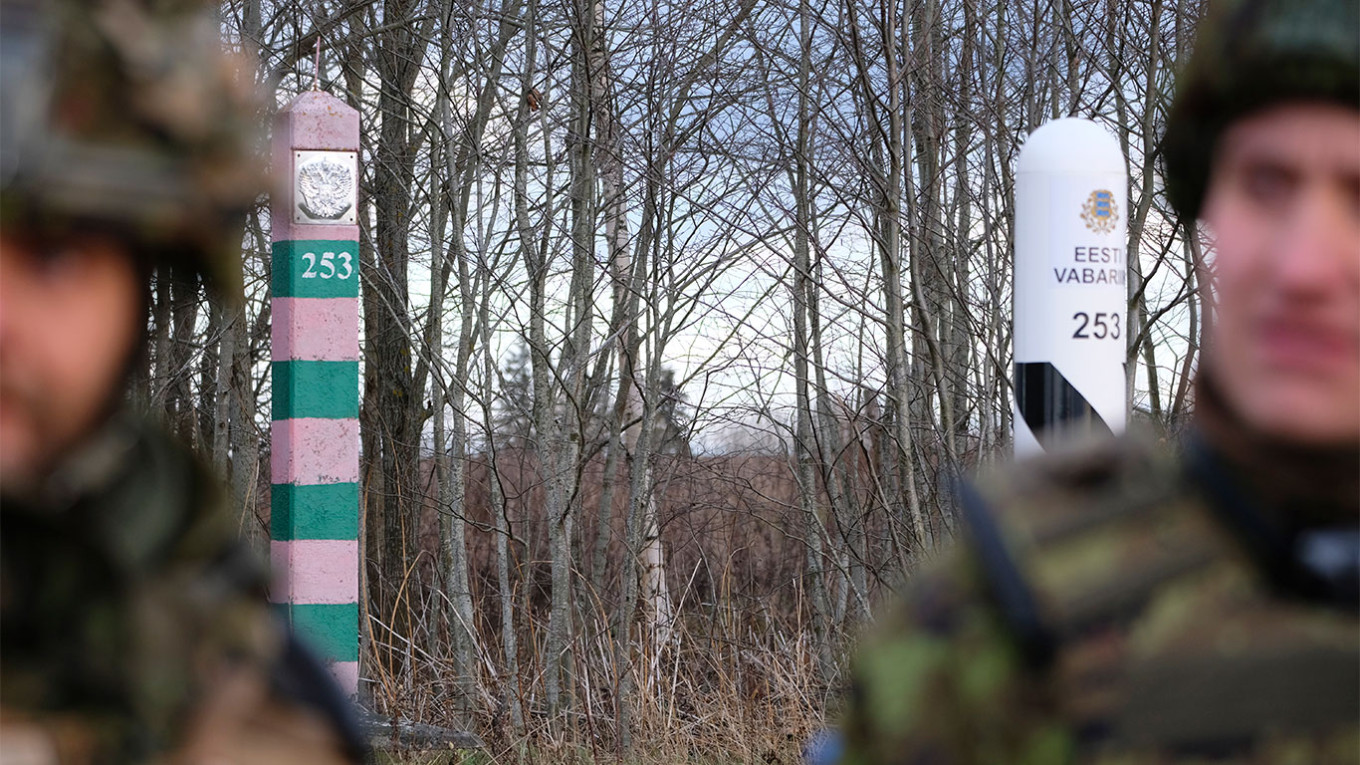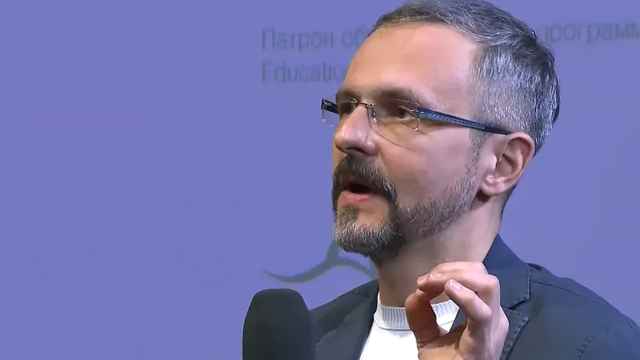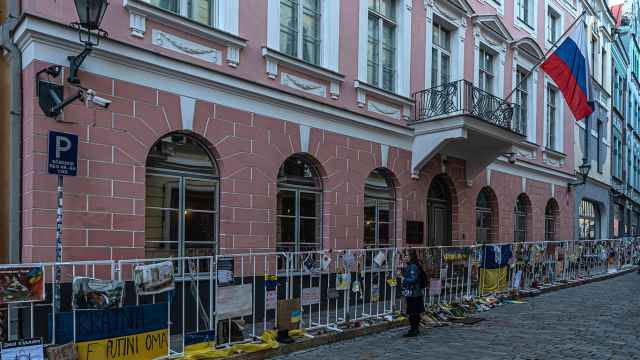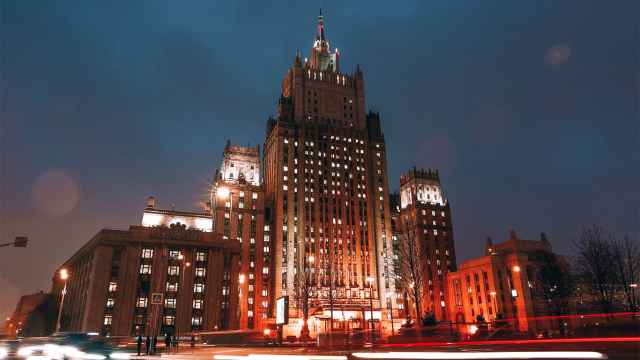Estonia on Thursday warned its citizens against "any travel" to Russia, suggesting that it may temporarily close the border with its eastern neighbor amid an influx of asylum seekers on the Russian-Finnish border.
Estonia shares a 333-kilometer-long border with Russia, along which six checkpoints are currently open.
But the Baltic country's foreign ministry said in a statement that it "could close its border crossing points temporarily at very short notice due to potential migration pressure" coming from Russia.
Estonian Foreign Minister Margus Tsahkna on Thursday told reporters it was "clearly recommended not to travel to Russia anymore."
"If Estonia temporarily closes its border, those who are in Russia at the time won't be able to get back," Tsahkna added.
The foreign ministry in Tallinn has advised Estonians "to consider the need to remain in Russia and return to Estonia if possible."
Earlier this week, Finland announced the closure of its last border crossing with Russia due to a surge in undocumented migrants, claiming it was a hybrid attack orchestrated by Moscow.
A Message from The Moscow Times:
Dear readers,
We are facing unprecedented challenges. Russia's Prosecutor General's Office has designated The Moscow Times as an "undesirable" organization, criminalizing our work and putting our staff at risk of prosecution. This follows our earlier unjust labeling as a "foreign agent."
These actions are direct attempts to silence independent journalism in Russia. The authorities claim our work "discredits the decisions of the Russian leadership." We see things differently: we strive to provide accurate, unbiased reporting on Russia.
We, the journalists of The Moscow Times, refuse to be silenced. But to continue our work, we need your help.
Your support, no matter how small, makes a world of difference. If you can, please support us monthly starting from just $2. It's quick to set up, and every contribution makes a significant impact.
By supporting The Moscow Times, you're defending open, independent journalism in the face of repression. Thank you for standing with us.
Remind me later.






